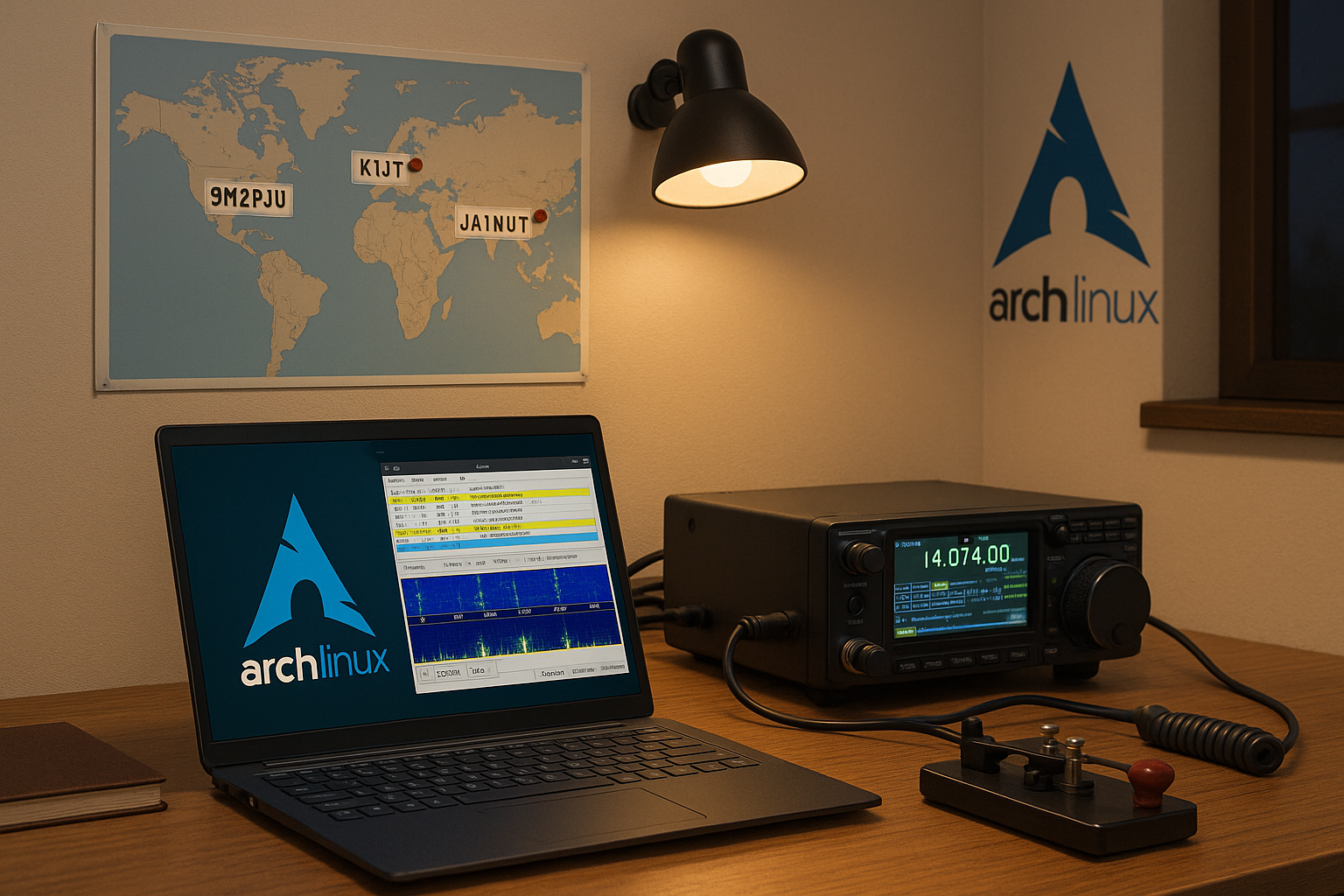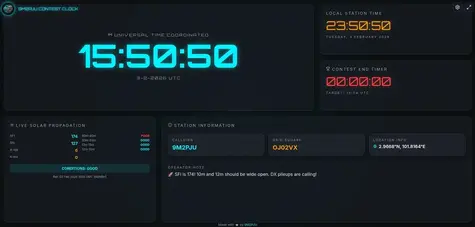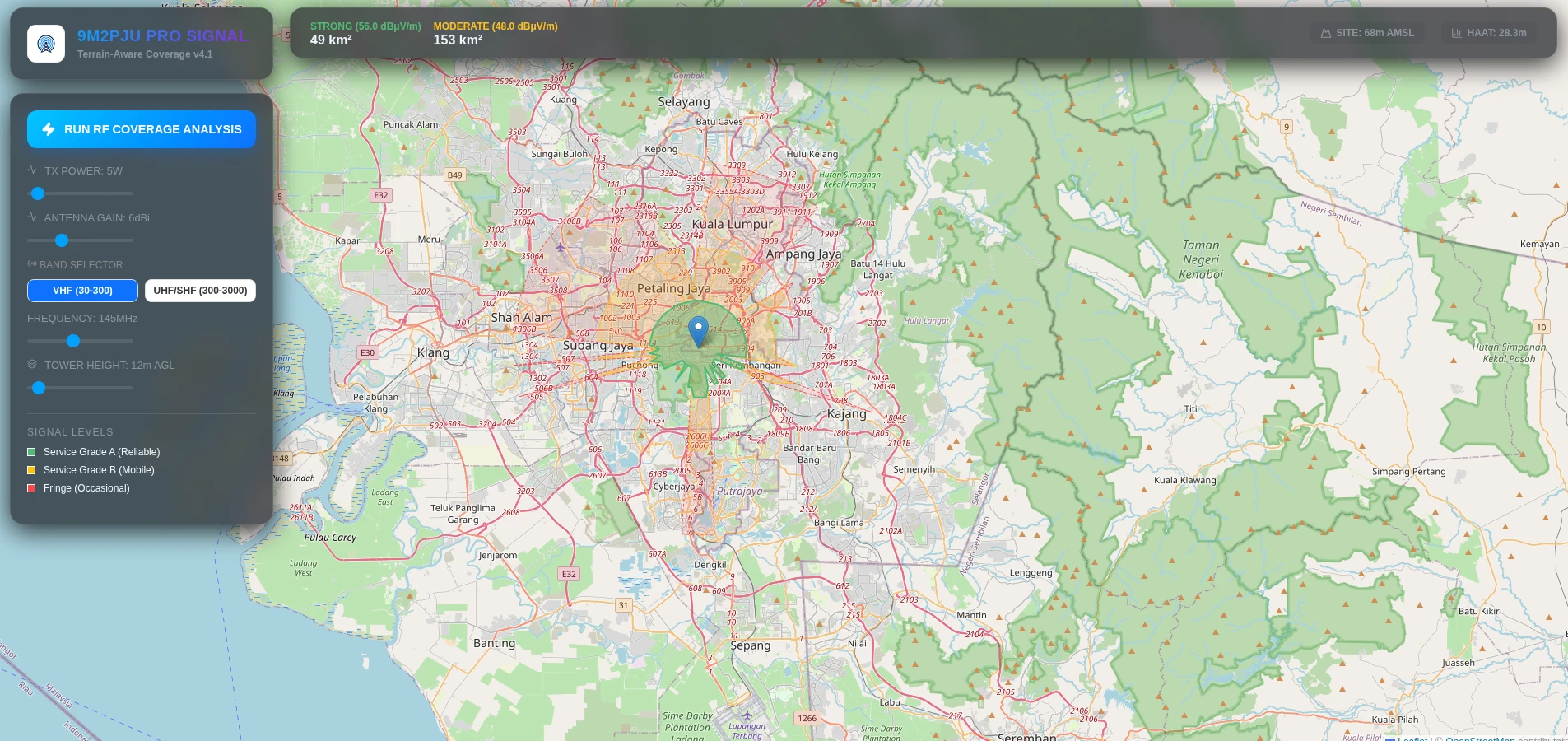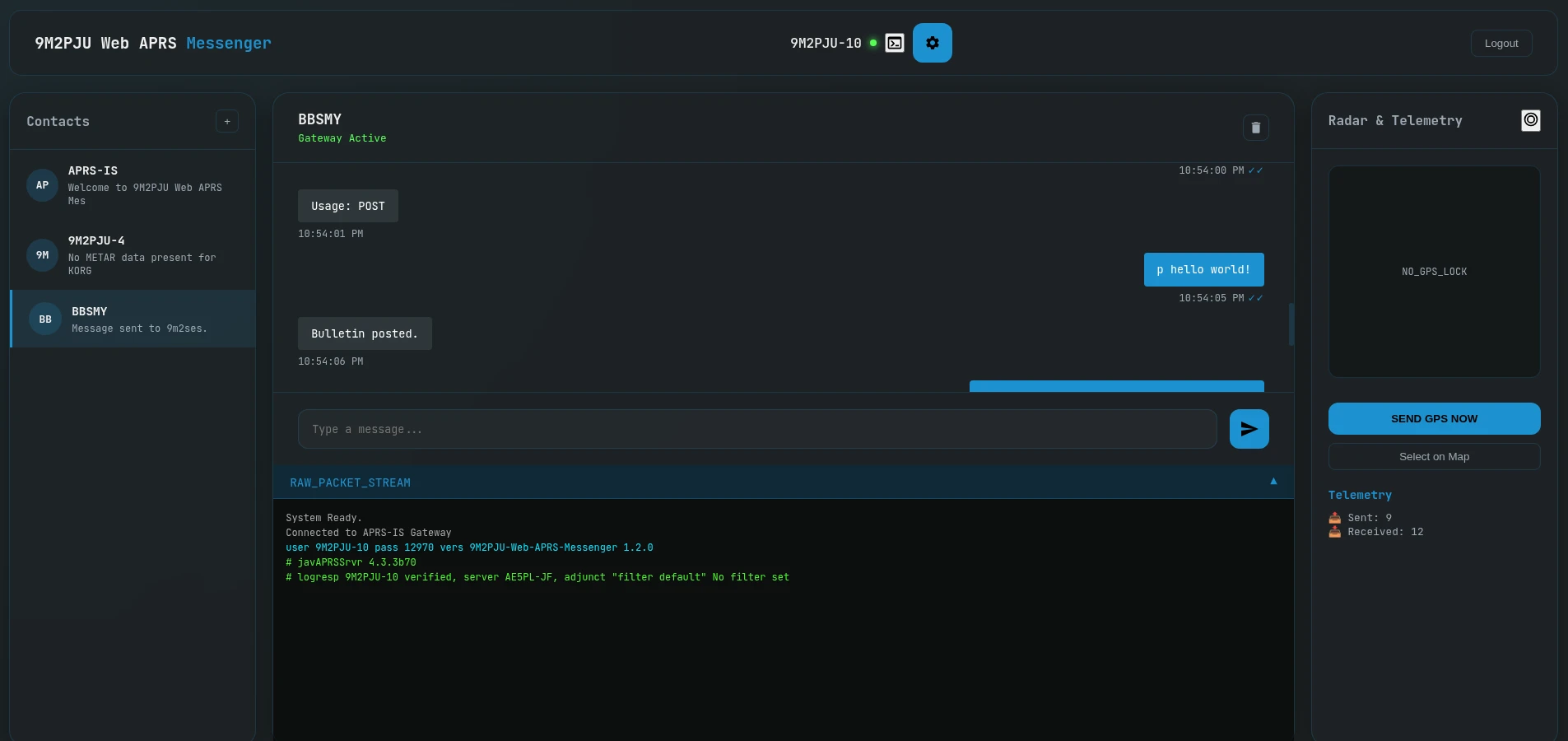amateur radio
arch linux
free open source software
ham radio
open source operating system
radio amatur
amateur radio, amateurradio linux tools, APRS, arch aur software, arch linux, arch linux for hams, aur, ax25 linux, digital modes, fldigi, freedv, ft8, ham radio, ham radio logging, hamlib, hf digital voice, jtdx, linux ham radio, linux sdr, morse code training, satellite tracking ham radio, WSJTX, Xastir
9M2PJU
0 Comments
Exploring Amateur Radio Software on Arch Linux
Amateur radio—or “ham radio” as it’s affectionately known—has always been a playground for experimenters, hobbyists, and professionals who enjoy working with radio communication technologies. Whether you’re into voice communication, digital modes like FT8, APRS tracking, or satellite communication, there’s a vibrant ecosystem of Linux-based tools to explore.
For users of Arch Linux and its derivatives (such as EndeavourOS, Manjaro, or CachyOS), the Arch User Repository (AUR) is a treasure trove of amateur radio software. This post highlights some of the key applications and tools available, and how they fit into a typical ham radio setup on Linux.
Getting Started: A Note on Permissions
Most amateur radio applications require access to serial ports (like /dev/ttyUSB0) to interface with radios for CAT control or PTT keying. On Arch, you’ll want to add your user to the uucp group to ensure proper access:
sudo usermod -aG uucp yourusername
Hardware Compatibility
Many modern radios support USB connectivity, appearing as sound and serial devices on Linux. Popular options include:
- Digirig Mobile: A compact, USB-based soundcard and CAT interface. Usually recognized as a C-Media USB Audio device.
- Icom IC-705: Offers built-in soundcard and CAT control via USB. Typically shows up as Burr-Brown USB Audio and dual
/dev/ttyUSBxdevices.
These devices integrate seamlessly with most Linux ham software, thanks to support from ALSA and standard USB-serial drivers.
Core Software
Here’s a curated list of essential amateur radio software available in the AUR:
Radio Control and Interfaces
Digital Modes (FT8, WSPR, etc.)
APRS and Packet
Digital Voice (HF DV)
Logging and Contests
Satellite and Propagation Tools
Morse Code Trainers
Other Useful Tools
Searching for More Ham Radio Software
The software listed above only scratches the surface of what’s available to amateur radio operators on Arch Linux. If you’re looking for something more specific—like SDR utilities, repeater directory tools, or hardware-specific programs—just head over to the AUR website and use keywords like ham, radio, sdr, cw, or aprs in your search.
To make installation easier, most Arch users rely on AUR helpers like yay or paru. These tools simplify searching, installing, and updating AUR packages:
yay -Ss aprs
paru -S wsjtx
They also handle dependencies and updates gracefully, making them a must-have for any Arch-based ham operator.
Final Thoughts
Arch Linux is a powerful and flexible platform for amateur radio enthusiasts. With rolling updates and access to the AUR, it offers bleeding-edge access to the latest versions of ham radio software. Whether you’re decoding FT8, operating APRS, logging DX from the field, or simulating antenna patterns, there’s something in the Arch ecosystem to support your shack.
If you’re just getting into ham radio, start with logging tools or FT8, and explore from there. And remember, while receiving is free, transmitting on amateur bands requires a license—check your country’s regulations.







Post Comment